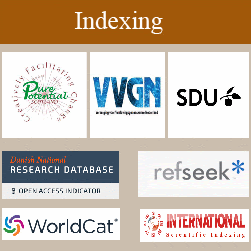Drinking Water and Public Health Risk
Author(s):
Carina Harkin
Drinking water is a social determinant to disease, a powerful determinant of health and also promotes socioeconomic development, yet public health is failing to protect the public with poor drinking water quality posing a threat to public health. Major sources of ground and surface contamination are landfill and human sewerage. Irish Water has consecutively failed to meet safety standards for bromate, nickel, nitrite, copper, pesticides, arsenic, fluoride, lead, trihalomethanes (THM). Regardless of where public opinion lies in relation to the addition of hexafluorosilicic acid to drinking water as a public health measure, it is found in Irish drinking water in illegal and unsafe amounts hence by definition poses a risk to public health. The EU Drinking Water Directive does not contain standards for microplastics. Existing drinking water treatment and wastewater treatment processes are inadequate at removing persistent toxic substances (PTS) from water. Bottled water can contain endocrine disrupting chemicals (EDCs), heavy metals, pesticides, persistent toxic substances and even gastrointestinal microbes. The following review article refers to Irish drinking public drinking water supplies however the issues reflect those of many first-world countries.



